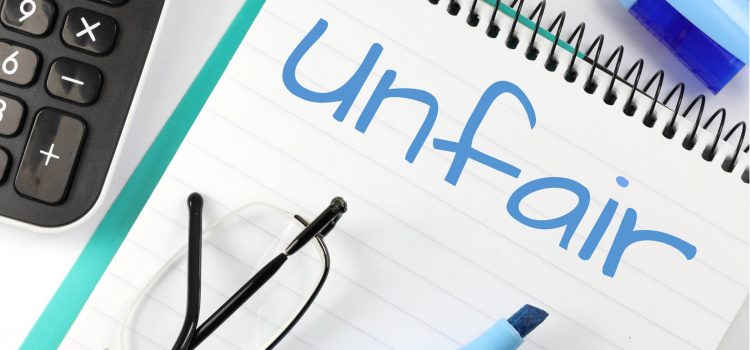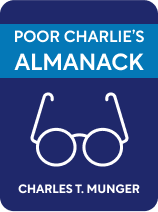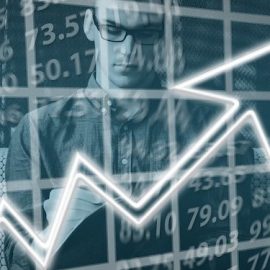

This article is an excerpt from the Shortform book guide to "Poor Charlie's Almanack" by Charles T. Munger. Shortform has the world's best summaries and analyses of books you should be reading.
Like this article? Sign up for a free trial here .
What is the contrast bias? How can you avoid the contrast effect when making comparisons?
The contrast bias is the tendency to compare things to one another using relative factors instead of judging each object on its own merit. This is why an object will be viewed as worse than it usually would be when compared to something much better. You can manage this bias by judging each object on its own merit rather than in relative terms.
Read on to learn more about the contrast bias.
What It Is
It is also known as anchoring or the boiling frog syndrome
You tend to think in terms of relative contrast, rather than absolute numbers.
- As a physical experiment, put one hand in a bucket of cold water and the other in hot water. Then after some time, put both hands into the same bucket of lukewarm water. The hands will feel very different—the bucket that was in the cold water bin will feel scorching, while the hot water hand will feel cool—even though the bucket is actually at the same temperature.
- A real estate agent may show you three overpriced, bad houses, and then a final normal-priced normal house. By contrast, the last normal house looks fantastic to you, but if it were shown to you first, you wouldn’t have thought much of it.
You don’t easily detect small, imperceptible differences because the contrast is small. However, these accumulating differences can make a huge difference over time. This is also known as the boiling frog syndrome, after the idea that a frog placed into a heating pot of water won’t detect anything wrong and will eventually be cooked alive.
Why It Evolved
The contrast bias evolved because detecting relative differences between items may be a simpler form of cognition than thinking about the absolute values of each. This helps you recognize danger faster (for instance, detecting a tiger’s pattern against grass).
How It Can Be Harmful
The contrast bias causes us to often make decisions based on relative value, not absolute value
- If you’re buying a car that costs $60,000, buying a $1,000 upgrade might not seem like a big deal. But if you were to buy some other product worth $1,000, you’d think long and hard about it.
The contrast bias also lets one small slip happen at a time, which can lead to a drastic situation.
- Alcoholism is a slippery slope that makes one additional drink per day seem like not a big deal.
Examples
- In negotiations, you might come in with a fixed idea of what you want, but small deviations away from it may draw you away from your goal without your realizing it. (A skilled negotiator taking advantage of your contrast bias and reciprocity tendencies can manipulate you further.)
- It’s easy to obsess over small changes in things that don’t make a huge difference—for instance, a $5 per month increase in a service you like may trigger a strong reaction, even though it amounts to just $60 a year.
Antidotes
Manage the contrast bias by being self-aware when you’re comparing two items or situations. Think about the absolute value of the item rather than what you’re seeing in comparison.
- When buying a car, think about the absolute cost of each individual upgrade and whether you’d buy it if it were presented to you alone.
- In negotiations, keep a fixed idea of your breaking point and don’t accept a deal that deviates from it.

———End of Preview———
Like what you just read? Read the rest of the world's best book summary and analysis of Charles T. Munger's "Poor Charlie's Almanack" at Shortform .
Here's what you'll find in our full Poor Charlie's Almanack summary :
- A collection of Charlie Munger’s best advice given over 30 years
- Why you need to know what you’re good at and what you’re bad at to make decisions
- Descriptions of the 25 psychological biases that distort how you see the world






